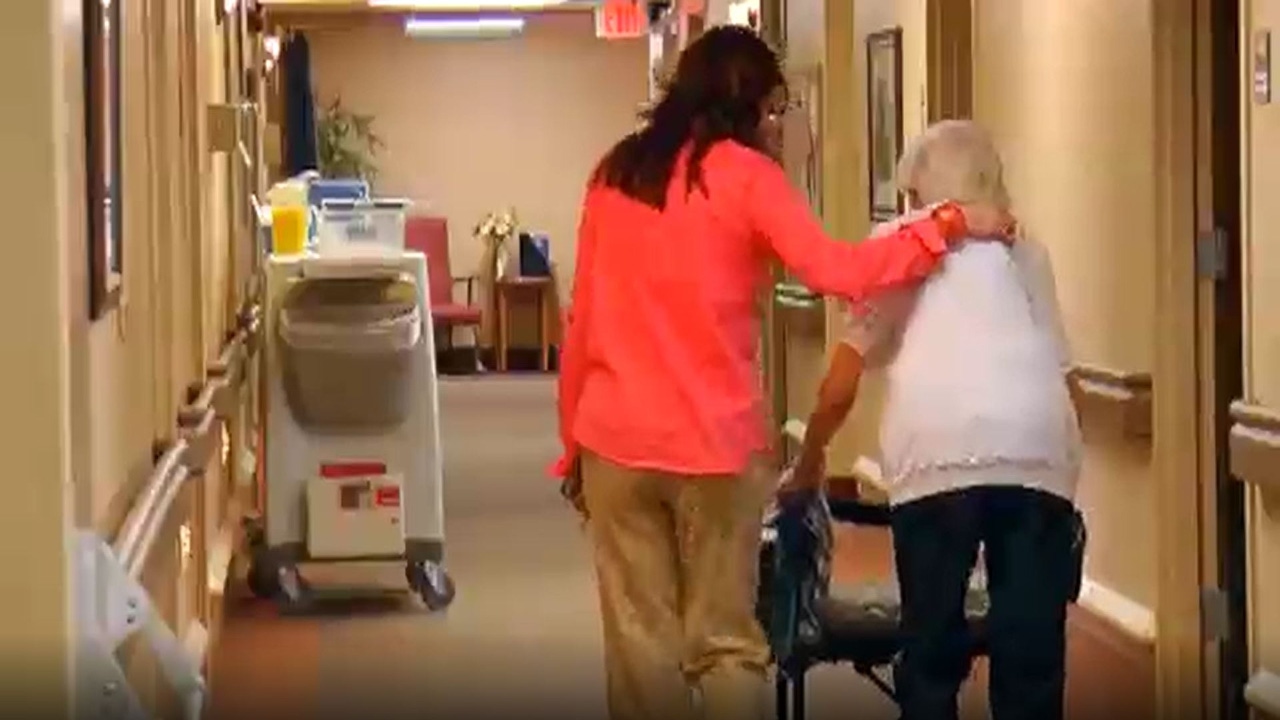‘It is beyond a crisis:’ Lawmakers propose $100 million to address shortage of personal care workers
[anvplayer video=”5105806″ station=”998122″]
Minnesotans with disabilities are losing the help they need, and some are making the tough decision to move out of their homes.
The number of personal care workers (PCAs) statewide is dwindling, and nearly three-dozen group homes closed in Minnesota in the past year.
Lawmakers in St. Paul are trying to reverse this trend. But for Minnesotans like Lance Hegland, the shortage of PCAs has left some with difficult choices.
“I couldn’t find enough workers, and so I had to move into a group home,” Hegland told 5 EYEWITNESS NEWS. “So, I lost my apartment.”
The move has taken an emotional toll on Hegland.

“It’s been really hard, losing everything I have accumulated over 17 years and losing the home I was familiar with,” Hegland said.
The COVID-19 pandemic exasperated the PCA shortage. State records show 32 group homes closed in just the last three months of 2021.
That marks the first time the number of group homes in Minnesota has decreased in three years.
“It is beyond a crisis,” said Sue Schettle, CEO of the Association of Residential Resources Minnesota. She explained that some families are taking in and housing relatives due to the PCA shortage.
“In some cases, they’re going back home to mom and dad who may be able to handle that particular child, or maybe they’re going to be struggling,” Schettle told 5 EYEWITNESS NEWS. “It’s an awful situation to be in.”
Schettle noted most PCA workers make around $15 an hour.
“it’s very difficult to manage a household making that kind of money,” Schettle said. “You add that on to the pressures that were presented with COVID, I mean, direct service professionals were having to work double shifts, triple shifts … they were burning out in record numbers.”
“This is a large-scale problem,” said state Rep. Kelly Moller (D-Shoreview).
Right now, DFL lawmakers in the state house, like Moller, are trying to plug that gap. They propose spending $100 million over three years to help boost caregiver pay.
Moller has a bill that goes even further, allowing people with disabilities to share caregiver responsibilities. With more shared services, costs don’t rise as much.
“It makes a lot of sense that we should be able to do it for people like Lance and others who want to stay in their own home,” Moller said.